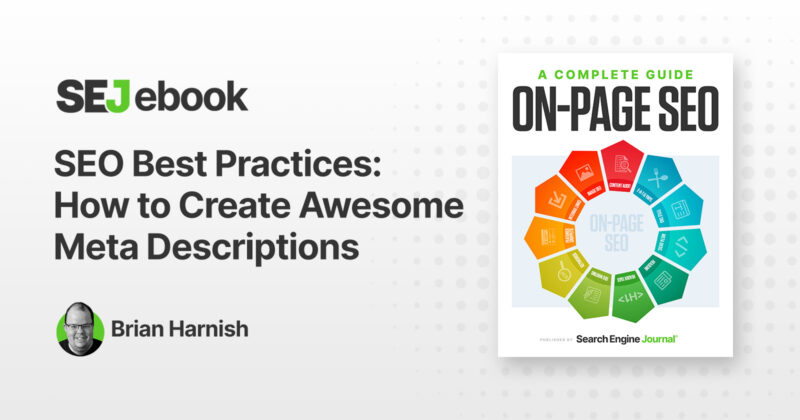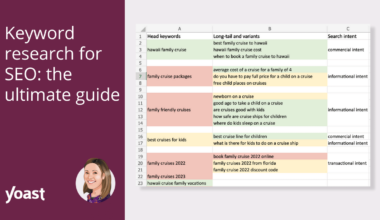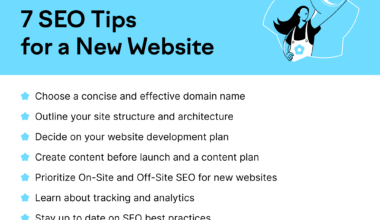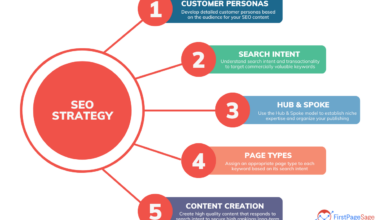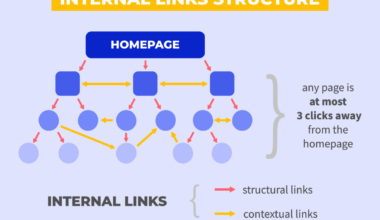Introduction: What Are Meta Descriptions?
As a website owner, you might have heard of the term “meta descriptions” before. But what exactly are meta descriptions, and why are they important for SEO?
In simple terms, a meta description is an HTML attribute that provides a brief summary of a web page’s content. It appears below the page title in search engine results pages (SERPs), and its purpose is to entice users to click through to the page.
Meta descriptions can make or break your website’s SEO efforts. A well-crafted meta description can attract more clicks and improve your click-through rate (CTR), which is a crucial ranking factor for search engines like Google. On the other hand, a poorly written meta description can turn off potential visitors and harm your overall SEO performance.
In addition to improving your CTR, meta descriptions can also provide valuable information about your webpage’s content. This can help search engines understand your page’s context and relevance, and ultimately improve your ranking for relevant search queries.
In the next sections of this article, we will explore how to write engaging meta descriptions that can help boost your SEO efforts. From tips on writing compelling copy to best practices for formatting and length, we’ll cover everything you need to know to create effective meta descriptions for your website.
Importance of Engaging Meta Descriptions for SEO
Meta descriptions are crucial in attracting potential visitors to your website and improving your search engine ranking. Below are some key reasons why engaging meta descriptions are essential for SEO:
1. Increases Click-Through Rate (CTR)
A well-written meta description can entice users to click through to your website. A higher CTR indicates to search engines that your webpage is relevant and valuable to users, which can result in improved search engine rankings over time.
2. Provides Relevant Information
Meta descriptions provide a summary of your webpage’s content, which can help users determine if your website is relevant to their search query. Additionally, search engines use meta descriptions to understand the context and relevance of a webpage’s content, which can improve your search engine ranking for relevant search queries.
3. Differentiates Your Website
An engaging meta description can differentiate your website from others in the search results. By providing a compelling summary of your webpage’s content, you can stand out from competitors and attract more clicks to your website.
4. Improves User Experience
A well-crafted meta description can improve the user experience by providing relevant information about your webpage’s content. This can help users determine if your website is the right fit for their needs, reducing bounce rates and increasing the time users spend on your website.
In summary, engaging meta descriptions are crucial for SEO as they can improve CTR, provide relevant information, differentiate your website, and improve the user experience. By implementing best practices for writing and formatting meta descriptions, you can improve your SEO efforts and attract more potential visitors to your website.
Tips for Writing Engaging Meta Descriptions
Now that we understand the importance of meta descriptions for SEO, let’s dive into some tips for writing engaging meta descriptions that can entice users to click through to your website:
1. Use Relevant Keywords
Include relevant keywords in your meta description that match the user’s search query. This can help search engines understand the context and relevance of your webpage’s content, and improve your ranking for relevant search queries. However, avoid stuffing your meta description with too many keywords, as this can come across as spammy and harm your SEO efforts.
2. Write Compelling Copy
Your meta description should provide a concise and persuasive summary of your webpage’s content. Use action-oriented language and highlight the unique value proposition of your website to entice users to click through. Consider adding a call-to-action (CTA) to encourage users to take a specific action, such as “Learn more” or “Download now.”
3. Keep it Short and Sweet
Keep your meta description between 150-160 characters to ensure it appears fully in the search results. Avoid using filler words or unnecessary details, and focus on providing a concise and informative summary of your webpage’s content.
4. Be Accurate and Honest
Make sure your meta description accurately reflects the content of your webpage. Avoid using clickbait or misleading language, as this can harm your credibility and lead to high bounce rates.
5. Use Snippets from the Webpage
Consider including a snippet from the webpage in your meta description to provide a preview of the content. This can give users a better idea of what to expect when they click through to your website and increase the likelihood of engagement.
By following these tips, you can write engaging meta descriptions that can improve your CTR, provide valuable information, and ultimately boost your SEO efforts. Remember to regularly review and update your meta descriptions to ensure they remain relevant and effective over time.
Best Practices for Formatting and Length of Meta Descriptions
In addition to writing engaging copy, it’s also important to follow best practices for formatting and length to ensure your meta descriptions are effective in attracting potential visitors to your website. Below are some best practices to keep in mind:
1. Use a Consistent Format
Keep your meta descriptions consistent in format to make it easier for users to understand and compare. Use a clear and concise sentence or two that highlights the main value proposition of your webpage.
2. Include Relevant Information
Make sure your meta description includes relevant information that accurately reflects the content of your webpage. This can include a summary of the main points, key features, or benefits of your webpage.
3. Use Active Voice
Use active voice in your meta descriptions to make them more engaging and compelling. This can help entice users to click through to your website and improve your overall CTR.
4. Avoid Duplicate Meta Descriptions
Avoid using duplicate meta descriptions across multiple pages on your website. Each meta description should be unique and accurately reflect the content of the corresponding webpage.
5. Keep it within the Character Limit
Keep your meta description within the character limit of 150-160 characters to ensure it appears fully in the search results. Avoid using excessively long descriptions as they can be truncated and potentially harm your CTR.
6. Use HTML Tags
Use HTML tags in your meta descriptions to make them stand out in the search results. This can include using bold or italicized text to highlight key points or adding a hyperlink to a relevant webpage or resource.
By following these best practices, you can ensure your meta descriptions are formatted correctly, include relevant information, and are optimized for search engines. Remember to regularly review and update your meta descriptions to ensure they remain effective in attracting potential visitors to your website.
Final Thought: Implementing Engaging Meta Descriptions for Improved SEO Results
In conclusion, meta descriptions are an essential part of your website’s SEO strategy. They provide a brief summary of your webpage’s content and can entice users to click through to your website. By following the tips and best practices outlined in this article, you can write engaging meta descriptions that improve your CTR, provide valuable information, and differentiate your website from competitors.
Remember that meta descriptions should be unique, accurate, and relevant to the corresponding webpage. Regularly review and update your meta descriptions to ensure they remain effective in attracting potential visitors to your website. Additionally, use HTML tags to make your meta descriptions stand out in the search results and provide additional information to users.
Finally, keep in mind that meta descriptions are just one aspect of your website’s SEO strategy. To achieve the best results, focus on creating high-quality content, building quality backlinks, and optimizing your website for user experience. By implementing these strategies, you can improve your website’s ranking on search engines and attract more potential visitors to your website.
For more information on SEO best practices, check out
Moz
and
Ahrefs
.
